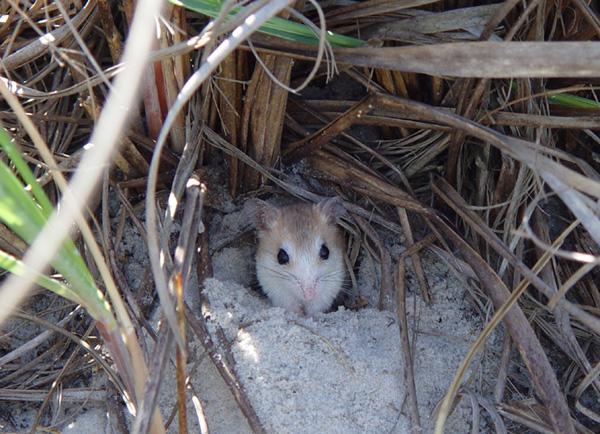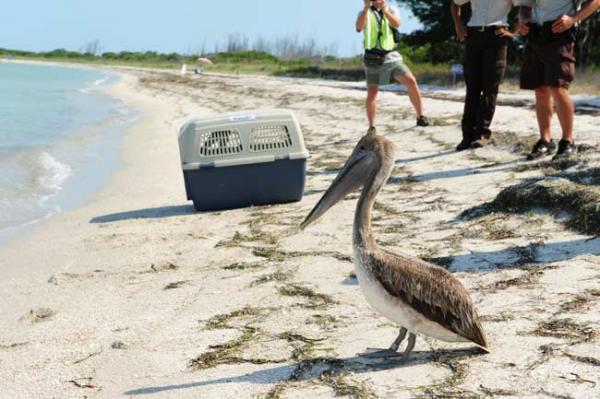
Gulf Oil Spill: Animals at Risk
Get the world’s most fascinating discoveries delivered straight to your inbox.
You are now subscribed
Your newsletter sign-up was successful
Want to add more newsletters?

Delivered Daily
Daily Newsletter
Sign up for the latest discoveries, groundbreaking research and fascinating breakthroughs that impact you and the wider world direct to your inbox.

Once a week
Life's Little Mysteries
Feed your curiosity with an exclusive mystery every week, solved with science and delivered direct to your inbox before it's seen anywhere else.

Once a week
How It Works
Sign up to our free science & technology newsletter for your weekly fix of fascinating articles, quick quizzes, amazing images, and more

Delivered daily
Space.com Newsletter
Breaking space news, the latest updates on rocket launches, skywatching events and more!

Once a month
Watch This Space
Sign up to our monthly entertainment newsletter to keep up with all our coverage of the latest sci-fi and space movies, tv shows, games and books.

Once a week
Night Sky This Week
Discover this week's must-see night sky events, moon phases, and stunning astrophotos. Sign up for our skywatching newsletter and explore the universe with us!
Join the club
Get full access to premium articles, exclusive features and a growing list of member rewards.
Beach mice

A bevy of endangered mice - the Alabama beach mouse, Perdido Key beach mouse, Choctawhatchee beach mouse and St. Andrew beach mouse - are all in danger if oil reaches their shores. Beach mouse habitat has been lost to development and storms, according to the U.S. Fish and Wildlife Service, and domestic and wild cats hunt the nocturnal rodents for food. Each species has a limited range, and habitat devastation caused by oil could make it tough for beach mice to hang on.
Brown Pelicans

The pesticide DDT nearly destroyed the brown pelican population in the late 1950s, and it was only after decades of struggle that the species the state bird of Louisiana -- got off the endangered list in late 2009. Now they face another danger.
Seabirds are particularly affected by oil because it clings to their feathers, destroying their ability to fly, according to the Fish and Wildlife Service. Oiled feathers are also no longer waterproof, which means that birds may die of hypothermia. Or they may ingest oil while grooming themselves, causing organ damage and death.
Brown pelicans like to rest on the ocean surface and dive beneath for food, all of which puts them in danger of oil contamination. In 2005, a 15-barrel oil spill off the coast of Louisiana killed hundreds of pelicans. The current spill is estimated to be leaking 12,000 to 19,000 barrels per day.
Get the world’s most fascinating discoveries delivered straight to your inbox.

Stephanie Pappas is a contributing writer for Live Science, covering topics ranging from geoscience to archaeology to the human brain and behavior. She was previously a senior writer for Live Science but is now a freelancer based in Denver, Colorado, and regularly contributes to Scientific American and The Monitor, the monthly magazine of the American Psychological Association. Stephanie received a bachelor's degree in psychology from the University of South Carolina and a graduate certificate in science communication from the University of California, Santa Cruz.
 Live Science Plus
Live Science Plus










